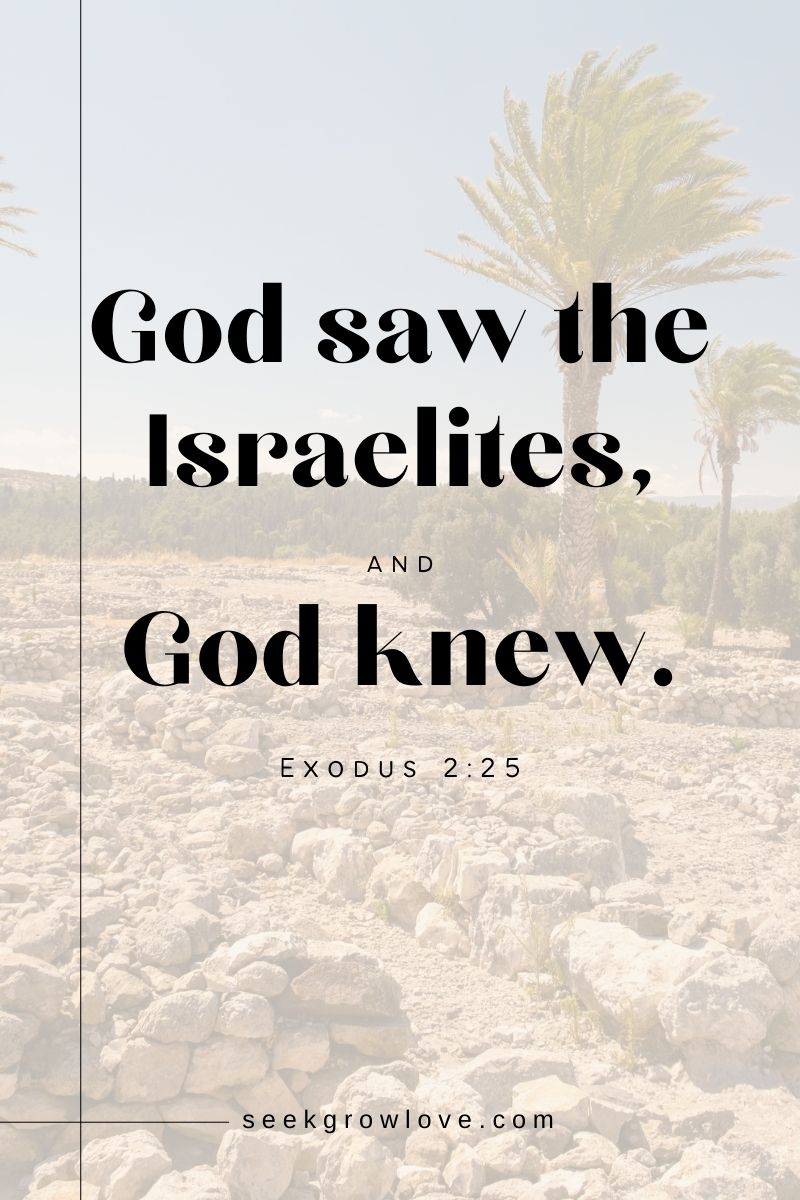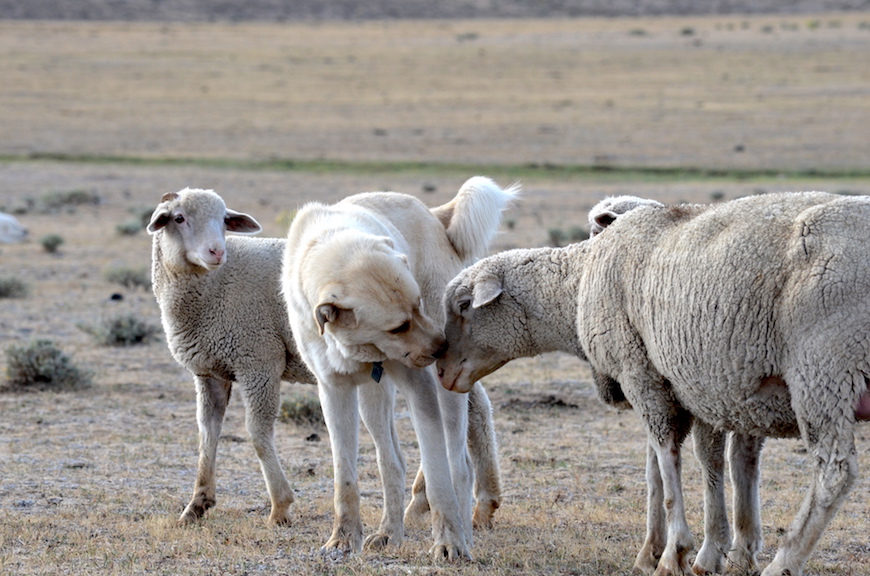OLD TESTAMENT: EXODUS 5-6
POETRY: PSALM 23
NEW TESTAMENT: MATTHEW 20:1-16
Moses overcame the excuses we read about in Exodus 3-4. He traveled to Egypt and met Aaron in the wilderness at the mountain of God. Together, they went and told the people. “The people believed, and when they heard that the LORD had paid attention to them and that he had seen their misery, they knelt low and worshipped” (Exodus 4:31).
I wonder what Moses thought would happen next. He had spoken to the people, and due to the signs Moses had shown them, they believed that God would deliver his people. Did they think it would happen right away? Did they think that Pharoah would just let them go? What did Moses think? Was he prepared for a resounding no?
Moses went and told Pharaoh to let God’s people go, but Pharaoh responded, “Who is this God that I should listen to him?” Pharaoh’s response was to make the Israelites labor harder. God had told Moses at the burning bush that “the king of Egypt will not allow to go, even under force from a strong hand” (Exodus 3:19). Even so, it seems like Moses begins to doubt that God will do what he said he will do as he sees Pharaoh make the Israelites’ lives even harder.
The Israelites begin to complain, saying that it would be better if Moses had never come (Exodus 5:19-21). Moses cries out to God, “Why, Lord, why have you brought trouble on this people? Is this why you sent me? Ever since I went to Pharaoh to speak in your name, he has brought trouble on this people, and you have not rescued your people at all.” (Exodus 5:22-23). Those old insecurities pop up again as Moses repeatedly tells God, “If the Israelites will not listen to me, why would Pharaoh listen to me since I speak with faltering lips?” (Exodus 6:12, 30)
Moses had the promise of God to fulfill his covenant with Abraham. God said he would deliver the people. But, Moses began to doubt as he looked around at his current circumstances. He tells God, ‘You haven’t even rescued your people at all. You’ve made things worse.”
We often fall prey to a certain kind of prosperity gospel preaching. We believe that if we work for God and do what he asks, we will see big returns right away. No waiting. No fussing. No pain. No problems.
This is simply not the way God works. When we act in faith, we know that eventually, we will see a return for what we are working towards. However, that return is not promised to be quick or readily apparent. We work for a lifetime, and with the benefit of time and wisdom, we can look back and see the faithfulness of God. It is a fruit that takes decades not days. A fruit that may not be seen until the Kingdom.
When Moses didn’t see immediate results, he began to doubt God’s intentions, his power, and his goodness. (Even though he was told that Pharaoh would have a hardened heart!) We have also been told that “in this world, we will have trouble” (John 16:33). How often do we doubt God’s intentions, his power, and his goodness in the face of the trouble of the world?
We can “take heart” because Jesus has overcome the world!
~ Cayce Fletcher
Cayce writes about discipleship, productivity, and homemaking at her blog https://amorebeautifullifecollective. You can find her latest post on remembering God’s story in our lives here. You can also listen to A More Beautiful Life Collective Podcast on Apple Podcasts, Spotify, YouTube, or wherever you listen to podcasts.
REFLECTION QUESTIONS
- Do you think Moses expected Pharaoh to let the Israelites go right away? Why or why not?
- How do you persevere in your calling in the midst of setbacks and ‘troubles’? What are some practical ways you can stay encouraged to “keep fighting the good fight?”
- What is a past example of God’s faithfulness that you can remember when you face troubles in the future?












